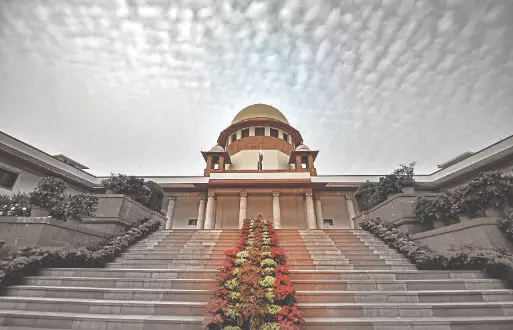
New Delhi, June 9 -- The Supreme Court on Monday overturned a Patna High Court directive that had permitted narco-analysis tests on accused individuals without their consent, holding such actions to be unconstitutional and in violation of fundamental rights.
A bench comprising Justices Sanjay Karol and Prasanna B Varale ruled that coercive methods like narco-analysis cannot be employed even during bail proceedings. "Such tests infringe Articles 20(3) and 21 of the Constitution," the bench observed, citing the landmark Selvi v State of Karnataka judgment.
The court ruled that an accused person may voluntarily opt for a narco-analysis test, but only at an appropriate stage during the trial-specifically when the accused is exercising the right to present evidence in their defence. However, the Court clarified that this is not an absolute right. Whether the test may be permitted depends on various factors that the trial court must assess on a case-by-case basis.
The case arose from a 2022 investigation into the alleged disappearance of petitioner Amlesh Kumar's wife. Suspecting foul play, the police had moved to subject Kumar and others to narco-analysis. In November 2023, the Patna High Court accepted the request and postponed the bail hearing, prompting Kumar to move the apex court.
"The High Court's nod to conduct narco-analysis without consent was legally untenable," the Supreme Court said in its order. "A court handling a bail application cannot operate as a mini-trial court by sanctioning such intrusive procedures."
The bench also clarified that even if such tests are undertaken voluntarily, they do not automatically translate into admissible evidence. "Evidence derived thereafter must conform to Section 27 of the Indian Evidence Act and meet all legal safeguards," the court said.
Additionally, the court remarked that there exists no absolute right to undergo narco-analysis voluntarily, underlining the necessity of legal boundaries.
The apex court set aside the High Court's interim order and instructed that Kumar's bail plea be assessed solely on its merits. Senior Advocate Gaurav Agrawal, acting as amicus curiae, was acknowledged by the court for his assistance in the matter.
Published by HT Digital Content Services with permission from Millennium Post.
